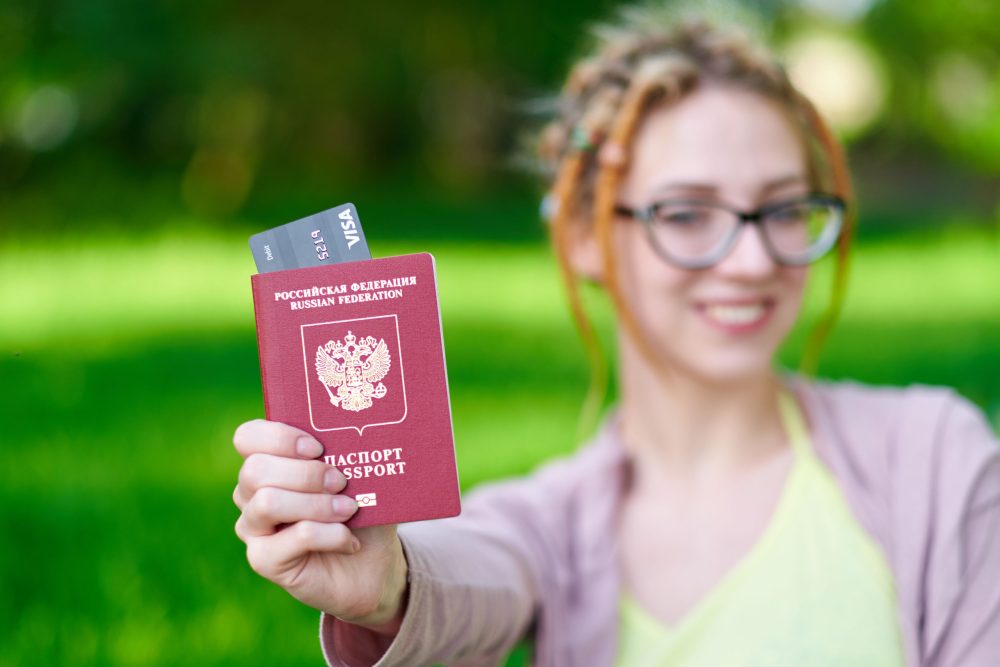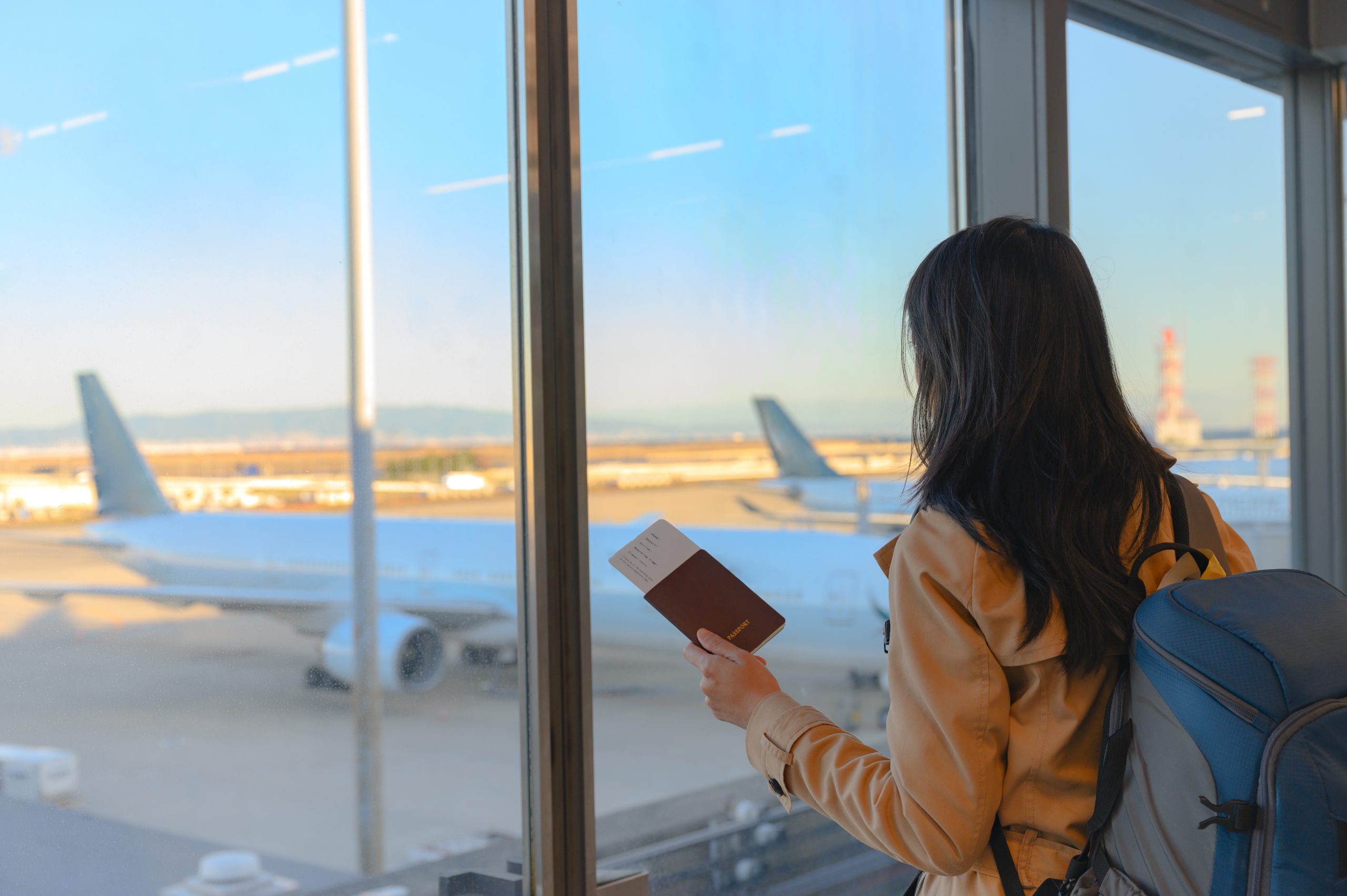Vietnam has recently made an exciting announcement that will surely delight travelers from Russia. Starting from August 15, 2023, citizens of Russia can now apply for a 90-day e-visa to visit Vietnam.

Are you a Russian citizen planning to visit Vietnam? Good news! With the introduction of the Vietnam e-visa, the process of obtaining a visa has become much simpler and more convenient. Now, you don’t have to go through the hassle of visiting the Vietnamese embassy or consulate to apply for a visa. You can do it all online from the comfort of your home. In this article, we will guide you through the process and provide you with all the necessary information to ensure a smooth and hassle-free experience.
To apply for an e-visa to Vietnam, citizens of Russia will need the following documents:
👉 1. Passport: Make sure your Russian passport is valid for at least six months from the date of entry into Vietnam.
👉 2. Credit or debit card: You will need a credit or debit card with sufficient funds to pay for the e-visa fee.
👉 3. Email address: Provide a valid email address for support and communication throughout the application process.
👉 4. Documents to upload:
👉 5. Itinerary details: Prepare your entry/exit dates, entry/exit port, and details of your accommodation or hotel in Vietnam.
👉 6. Current occupation details: Provide your current occupation, including the company name, company address, and company phone number.
To apply for the Vietnam e-visa, citizens of Russia should follow these simple steps:
Under normal circumstances, the processing time for the Vietnam e-visa is approximately 3 working days. However, during peak seasons or holidays, it may take longer. To ensure that you receive your e-visa on time, it is advisable to apply well in advance of your travel dates.
If you are in a rush or unfamiliar with the process, or simply want to avoid any frustration or uncertainty, you have the option to hire a visa agency in Vietnam. These agencies specialize in handling visa applications and have a deep understanding of the local rules and regulations. By hiring an agency, you can enjoy a hassle-free experience with a 99.9% success rate.
The advantages of using a visa agency in Vietnam include:
By hiring a visa agency, you can save time and energy, knowing that your visa application is in capable hands.
In conclusion, applying for a Vietnam e-visa as a Russian citizen is now easier than ever. Make sure you have all the required documents, follow the online application process, and submit your application in advance. If you prefer a hassle-free experience, consider hiring a visa agency in Vietnam for a smooth and successful visa application. Enjoy your trip to Vietnam!

Vietnam has recently made an exciting announcement that will surely delight travelers from Russia. Starting from August 15, 2023, citizens of Russia can now apply for a 90-day e-visa to visit Vietnam.

The Covid 19 pandemic has presented the tourism industry with a major challenge. In Vietnam, the country has to close its tourist sites and prevent the entry of all foreign visitors.

From 2020, the number of foreign arrivals in Vietnam has rapidly dropped, driven by the Covid 19 outbreak. In order to stop the spread of the deadly virus, countries around the world have put some travel restrictions in place.
We would like to inform there is NO Embassy of Russia in Da Nang City, Vietnam. Do you want to find the Consulate General of Russia in Da Nang city instead ? We also have contact information of the Embassy of Russia in Hanoi or Consulate of Russia in Ho Chi Minh City (HCMC).
Consulate General of Russia in Da Nang city Address : 22 Tran Phu Street, Thach Thang Ward, Hai Chau District, Da Nang City, Vietnam Working hours : Citizen reception on Monday, Tuesday and Thursday from 10:00 to 12:00. Return results from Monday through Friday from 10:00 to 12:00.
Consulate General of Russia in Ho Chi Minh City (HCMC) Address : 40 Ba Huyen Thanh Quan Street, District 3, Ho Chi Minh City (HCMC) Phone : (028) 3930 3936 Fax : (028) 3930 3937 Email : cgrushcm@yandex.ru FB : https://www.